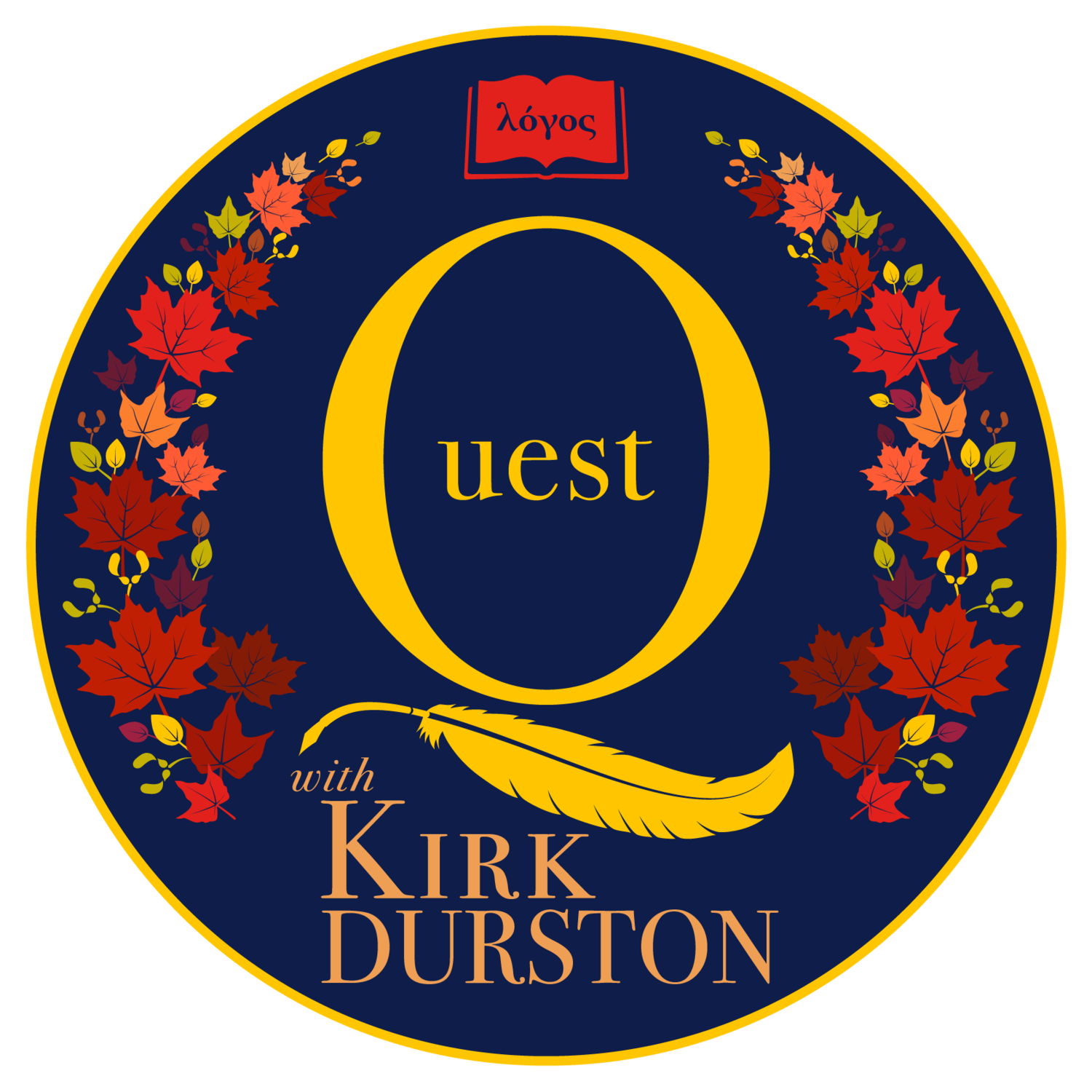Will You be Almost Nothing?
The Queen of Hearts by Kirk Durston
In C.S. Lewis’ The Pilgrim’s Regress, the character Vertue, after considerable difficulty and much travelling, receives the ability to “see nothing now but realities”. On his return journey, he passes by the house of culturally savvy Mr. Sensible, with whom he had spent some time earlier, but he can see no trace of either the house or of Mr. Sensible. The Guide explains that everything is still as it was, but since Mr. Sensible spent his life entirely concerned about putting on appearances rather than being genuine, and since Vertue can now only see things as they really are, he can only see the actual Mr. Sensible, who is “so near to nonentity—so shadowy even as an appearance—that he is now invisible” to Vertue.
I thought a lot about this in the weeks after I read it. Sobering.
How do you know if the person everyone thinks you are, perhaps that you think you are, is not actually the real you?
I began to consider the problem of how one would go about figuring out how much of their identity was simply affectation, appearance and self-delusion, and how much of it was actually the real person. Is there nothing more to you other than the persona you have slowly crafted over the years, or your external accomplishments, or your body? How do you know if the person everyone thinks you are, perhaps that you think you are, is not actually the real you? How would you be able to tell if you were 98% poseur?
I heard of a man, once, whose identity was mainly composed of his career. When he retired, he did not know what to do with himself. He spent his days watching TV and wandering about the house until he died of a heart attack a year later. Who was that man? Was he his work? If he was mainly his work, did he become almost nothing after he retired and disconnected himself from what gave him identity and value?
what does it profit a man to gain the whole world, and forfeit his soul?
The other day, I saw a fellow stating that his sexual orientation is his identity. I knew, however, that some day death will strip him of his body and his sexuality; then what will he be? If his sexuality was who he thought he was, will he find himself to be something “so near to nonentity” that there will be almost nothing left of him?
As I walk down the streets of cities and see people passing around me, I wonder how many of them spend their lives trying to be cool, or climbing the corporate ladder, or trying to increase their online gaming rank, or getting high, or thinking about sex, or trying to survive, or simply living in the moment with no thought for what reality might actually be. They live in a simple world of an ever changing culture, thinking reality is only what they can touch, see, smell, hear and taste.
within a few seconds of their passing, they will realize that what really defined them, the actual essence and core of their being, was their soul
Every one of them will die and within a few seconds of their passing, they will realize that what really defined them, the actual essence and core of their being, was their soul, but they had spent their entire lives neglecting what defined their real identity. Will they find that there will be almost nothing left about them that is actually real? If, like Mr. Sensible, they find that they are now almost nothing, with an empty, lost eternity stretching before them, it could be the most awful moment of a person’s existence.
“If the soul is immortal, it demands our care not only for that part of time which we call life, but for all time.” (Socrates)
In Plato’s Phaedo, Socrates says, “If the soul is immortal, it demands our care not only for that part of time which we call life, but for all time. And indeed it would seem now that it will be extremely dangerous to neglect it.”
Jesus Christ said, “For what does it profit a man to gain the whole world, and forfeit his soul?” So it is an interesting question …. how much of what you think is you, is actually you? Are you actually forfeiting your soul for something that will one day be stripped from you?
If you wish to think further along these lines in the direction of some positive answers, you may be interested in another article I wrote, ‘What does it mean to be human?: Part 2 - Vastly more than you can imagine!’
(If you would like to interact confidentially and anonymously with an online mentor about this further, follow this link.)






